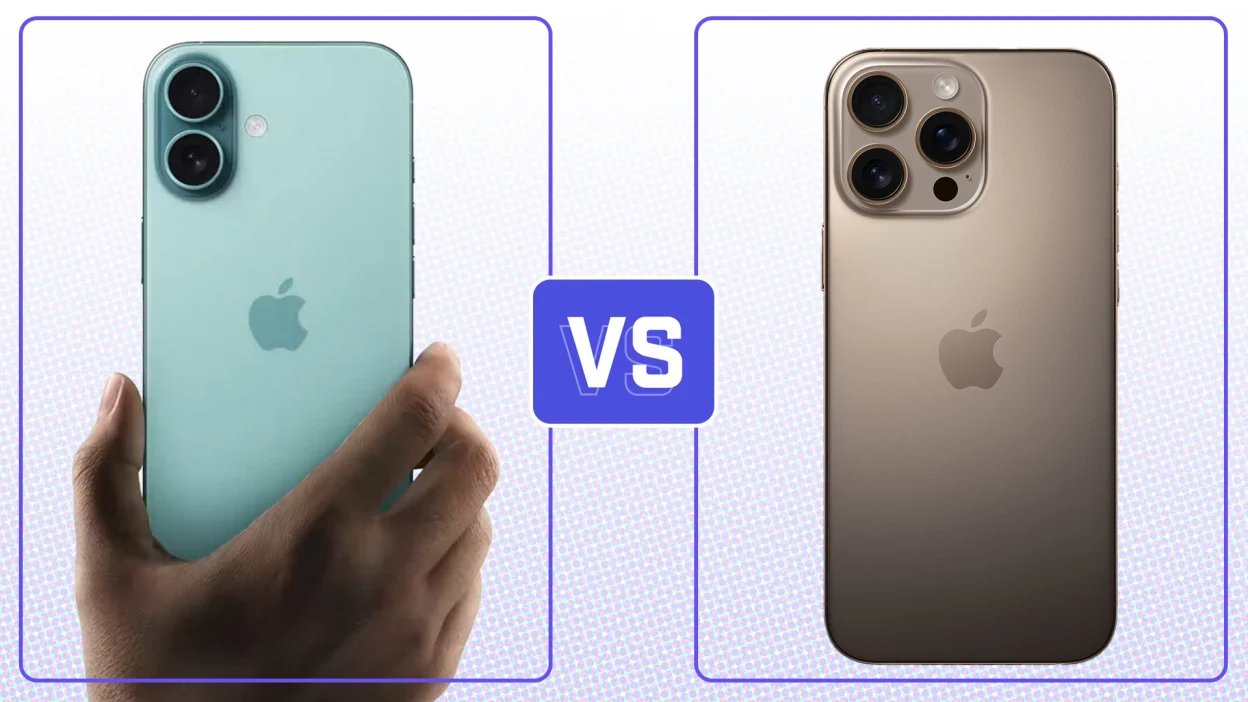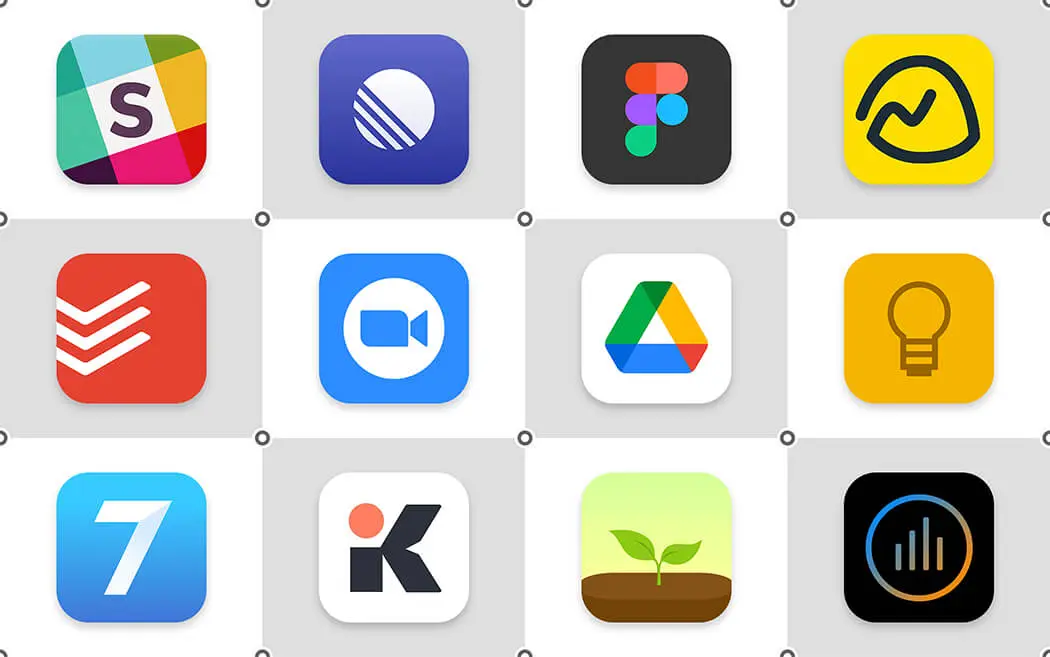
Indonesia recently made waves by halting the sale of Apple’s latest flagship model, the iPhone 16. This surprising move followed Apple’s failure to meet the country’s investment requirements, marking a pivotal shift in the Indonesian tech landscape. In this article, I’ll delve into the reasons behind this decision, how it impacts consumers, and the broader effects on the smartphone market in Indonesia. Let’s take a closer look at this game-changing decision and its implications for both Apple and Indonesian tech consumers.
The Background: Why Indonesia Banned the iPhone 16
Apple’s sales strategy has typically been to bring each new iPhone model to as many countries as possible. However, Indonesia has specific requirements for foreign tech companies, particularly around local investment and technology transfer. Indonesia has steadily enforced policies to encourage investment, requiring companies like Apple to contribute to the local economy and stimulate job creation.
In Apple’s case, the company reportedly failed to meet these local investment targets, causing the Indonesian government to impose a ban on the iPhone 16. This decision aligns with Indonesia’s ongoing efforts to prioritize tech investments, ensuring foreign brands support economic growth locally rather than solely benefiting from the country’s expansive consumer base.
What Does Indonesia Expect from Global Tech Giants?
Indonesia’s tech regulation requires smartphone brands to establish local manufacturing facilities, transfer technology, or contribute in other meaningful ways. Here are some specifics:
- Minimum Investment Requirements: Global brands must hit specific investment goals, including facilities, jobs, or infrastructure, tailored to encourage long-term contributions to the local economy.
- Technology Transfer: Companies are encouraged to transfer technology through partnerships with local businesses, which, in turn, promotes the skill development of the local workforce.
- Domestic Production Quotas: As part of Indonesia’s strategy to boost local production, a set percentage of smartphone components should ideally be manufactured or assembled within the country.
Apple, with its vast resources and influence, is a prime candidate for these expectations. However, it appears that the company fell short, leading to the recent restriction.
Implications for the Indonesian Smartphone Market
The ban has stirred up excitement, curiosity, and concern among various stakeholders in the tech industry. Here’s how this decision may shape the market and tech consumers in Indonesia:
1. Increased Demand for Competing Brands
With Apple’s iPhone 16 off the table, Indonesian consumers may turn to rival brands like Samsung, Xiaomi, Oppo, and Huawei, which have complied with investment requirements and, in some cases, already set up local production. These brands, with competitive price points and the benefit of official availability, may enjoy a surge in demand, especially from consumers looking for flagship alternatives.
2. Rise in the Grey Market
When official channels are restricted, the grey market often becomes a go-to source. Despite potential risks like lack of warranty and security concerns, consumers might be tempted to buy iPhone 16 models through unofficial importers, especially given Apple’s strong brand appeal.
3. Benefits for Local Manufacturing
Indonesia’s move could bolster its economy by motivating other tech companies to establish local production facilities. With Apple missing out, local assemblers and tech manufacturers could see an increase in demand as smartphone brands meet compliance requirements by partnering with local industries.
Pros and Cons of Indonesia’s Decision
To help readers get a clear view, here’s a look at the advantages and disadvantages of Indonesia’s strict policy enforcement on Apple.
| Pros | Cons |
|---|---|
| Increases local job creation and economic growth | Limits consumer choice for high-end devices |
| Encourages other tech companies to invest locally | Potential grey market increase |
| Helps strengthen Indonesia’s local manufacturing | Risks losing revenue from popular brand |
| Promotes technology transfer to boost skills | Could dampen foreign investment appeal |
Potential Benefits for Indonesia’s Tech Sector
I’ve seen many regions struggle with the balance between local interests and attracting global brands. Indonesia’s firm approach here may ultimately be a boon for the nation’s tech sector. Here’s why:
1. Tech Knowledge and Skills Transfer
When companies like Apple are mandated to invest and establish partnerships locally, it benefits the entire workforce. Indonesia’s tech talent pool grows, acquiring cutting-edge skills that fuel the country’s innovation and technological advancement.
2. More Opportunities for Local Manufacturers
Partnering with or providing components to global brands like Apple opens doors for Indonesian manufacturers. This collaboration, in turn, strengthens local industries, supports job creation, and raises Indonesia’s profile in the global tech arena.
3. Increased Government Revenue
Higher investments directly translate into greater government revenue, which can then be reinvested in infrastructure, education, and other sectors critical for national development. By requiring compliance from tech giants, Indonesia is leveraging its consumer market to boost its own economy.
Will Apple and Indonesia Find Common Ground?
It’s uncertain how Apple will respond to this ban in the long term, but Indonesia remains a critical market in Southeast Asia. Apple might adjust its strategy, meeting local investment goals to re-enter the market.
By prioritizing compliance and contributing to Indonesia’s economic growth, Apple could win back its spot in one of Southeast Asia’s most promising markets. With time, we might see the iPhone 16 and future models legally reintroduced to Indonesia, assuming Apple aligns with these regulatory requirements.
Closing Thoughts
In my view, Indonesia’s move to prioritize local investment and technology transfer is a bold strategy. Although banning the iPhone 16 may disappoint Apple fans, it sends a powerful message to foreign tech companies: to access Indonesia’s vast market, contributing to its economy is non-negotiable.
For Indonesian consumers, this could mean a shift toward local or regional alternatives, along with an overall healthier tech market, as companies vie to establish deeper roots in the nation. The evolving relationship between Indonesia and Apple will be one to watch, as it may set the tone for how other countries approach foreign tech investment in the years ahead.





